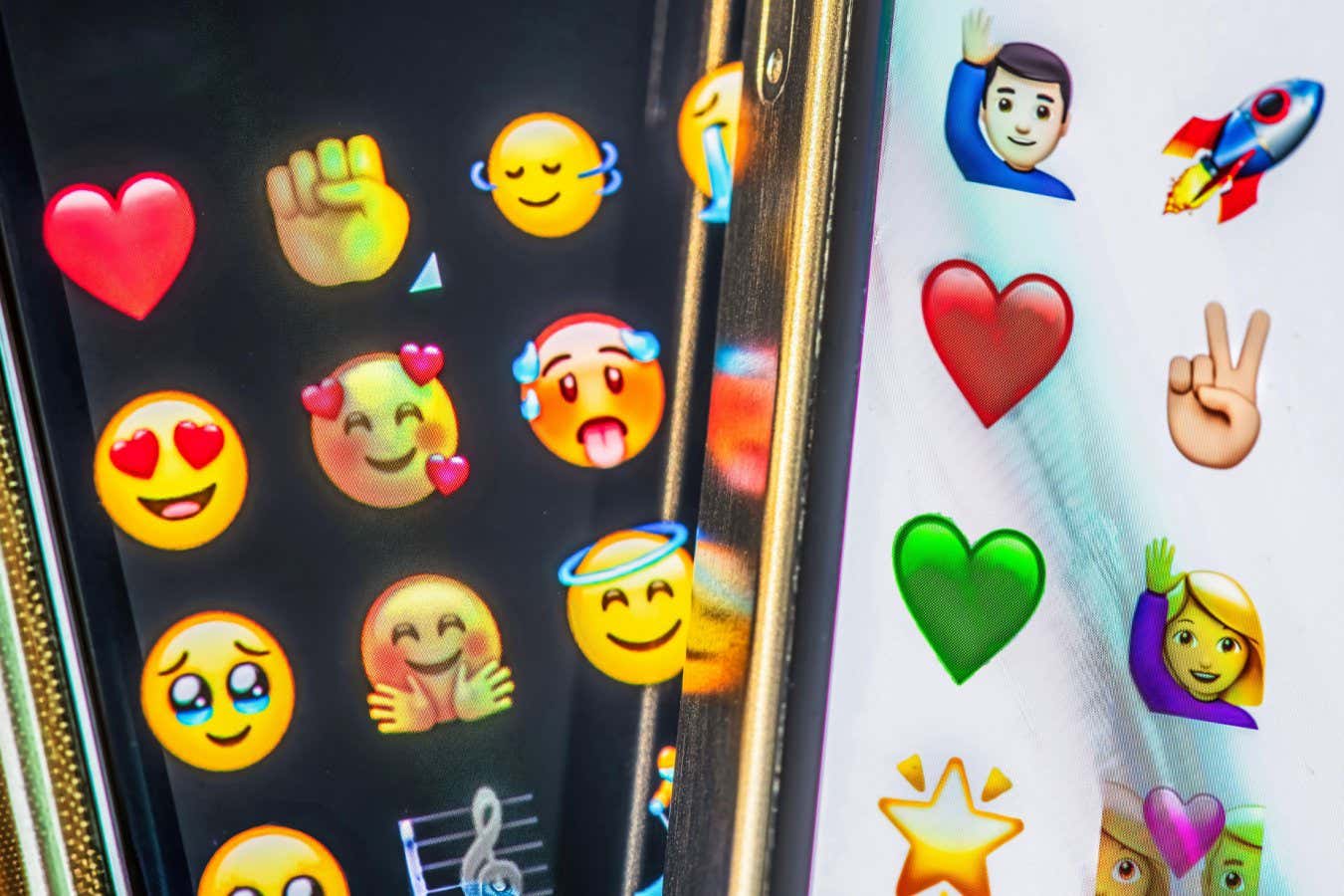Now Reading: Using Emojis Can Improve How Others Perceive You
1
-
01
Using Emojis Can Improve How Others Perceive You
Using Emojis Can Improve How Others Perceive You

Quick Summary
- Emojis are used worldwide over 10 billion times daily to add emotional nuances to digital conversations.
- A study from the university of Texas at Austin involving 260 participants revealed that messages containing emojis were perceived as more responsive and made senders appear more likable compared to text-only messages.
- This increased responsiveness was consistent nonetheless of the type of emoji used, whether expressive (e.g., faces) or neutral (e.g., objects).
- Shubin Yu from HEC Paris noted that emojis help bridge psychological distance between sender and receiver in casual settings but warned against their use in crises, which could lead to perceptions of incompetence-except in East Asian countries where cultural norms around nonverbal dialog make emoji usage acceptable even during serious situations.
!campaign=RSS%7CNSNS&utmsource=NSNS&utmmedium=RSS&utm_content=home”>Read More
Stay Informed With the Latest & Most Important News
Previous Post
Next Post
Loading Next Post...


























